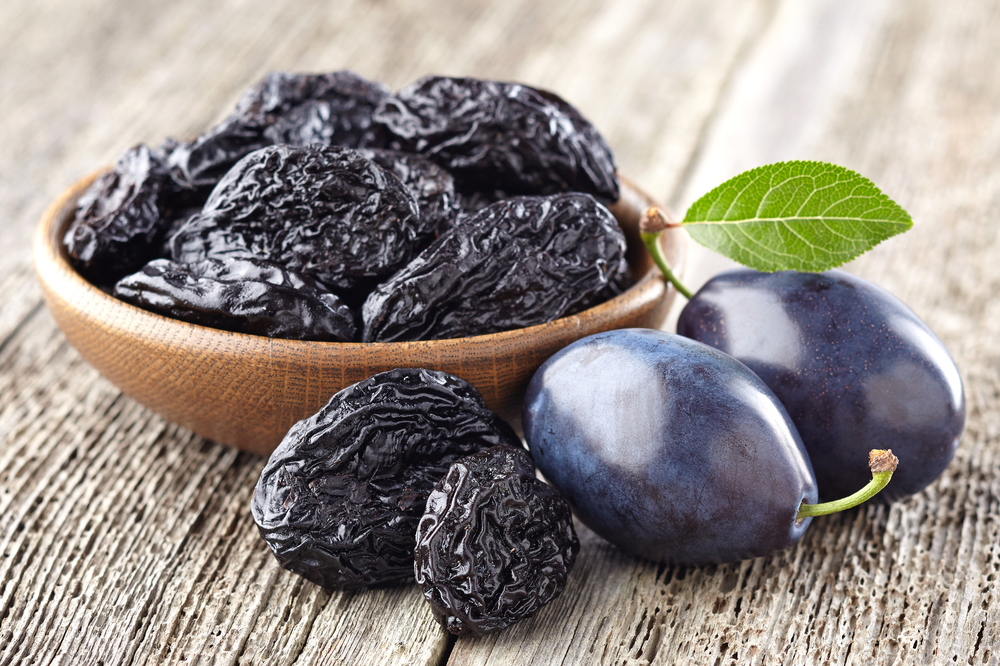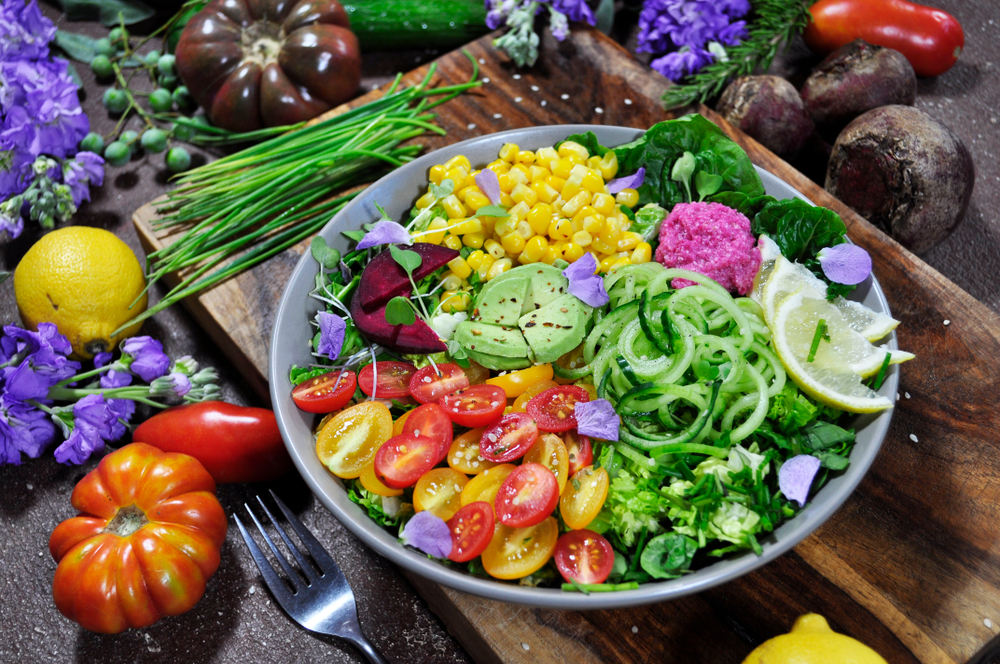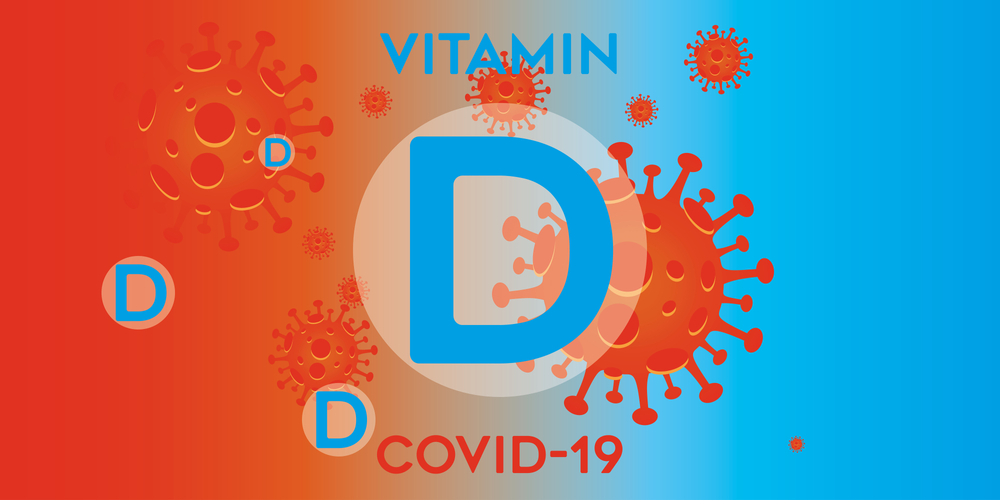Prunes could help support bone health in men over 50

A daily portion of prunes is said to help protect bone health in men over the age of 50 according to recent research from San Diego State University’s School of Exercise and Nutritional Sciences.
In a randomised-controlled clinical study[i], 57 healthy men aged between 50 and 79 were assigned to either consume 100 grams of prunes every day or no prunes for 12 months. When the year was up, the prune eaters showed significant decreases in biomarkers of bone breakdown, while no changes were observed in the control group. The men who ate prunes also showed improvements in bone geometry indicating greater bone strength.
‘We’ve already seen significant evidence that prunes have a positive effect on bone health in women, so it’s particularly exciting to find that prunes can also play a beneficial role in men’s bone health,’ comments lead researcher Professor Shirin Hooshmand, PhD, RD.
Plant-based diet offers new hope for migraine sufferers

If you suffer from chronic migraine, adopting a plant-based diet and especially upping your intake of dark green leafy veg such as kale, spinach and watercress could help. So reports a US study published in the online journal BMJ Case Reports[ii].
The study, a so-called case report – meaning a detailed account of a single patient – was of a 60-year-old man who had been plagued by frequent migraines without aura for more than 12 years.
During this time, he had approximately 12 to 18 headache days per month. In the six months prior to the study, he had between 18 and 24 headache days a month. He was advised to follow the Low Inflammatory Foods Everyday (LIFE) diet, rich in nutrients, dark green leafy vegetables, and whole foods. Within just two months of starting to eat this way, the frequency of his headaches went down to one headache a month and he was able to stop taking medication.
Dark green leafy vegetables, such as spinach, kale and watercress, are important sources of plant chemicals called carotenoids, which reduce the inflammation and oxidative stress that are a factor in migraine.
Optimum Vitamin D levels shown to reduce likelihood of Covid symptoms

Research shows that people with optimum levels of vitamin D are 54% less likely to develop coronavirus symptoms than people with a vitamin D deficiency. As we can only make vitamin D in our skin through exposure to sunlight when the UV index is greater than 3, in winter the UK sun is too low in the sky for us to achieve this.
It pays to keep levels topped up with a supplement[iii]. A minimum of 10 micrograms a day throughout the year is the recommended nutrient intake (RNI) for everyone over the age of four.
New study shows Cognitive Behaviour Therapy can be effective for insomnia

Insomnia – problems with falling or staying asleep – affects more than 50 % of adults post their 60th birthday and lack of sleep can quickly lead to low mood. But now a recent study[iv] suggests that a specialised form of cognitive behavioural therapy (CBT-I, meaning CBT for Insomnia) can halve the risk of experiencing major depression in insomniacs.
CBT-I is a type of cognitive behavioural therapy that focuses on the effect of thoughts, feelings, and behaviour on sleep. Meanwhile, if you are looking for a herbal remedy to help with sleep problems, valerian is worth a try.
Visit the Sleep Foundation website to find out more about CBT-I https://www.sleepfoundation.org/insomnia/treatment/cognitive-behavioral-therapy-insomnia
[i] Hooshmand, S., et al. (2021) Effects of 12 Months Consumption of 100 g Dried Plum (Prunes) on Bone Biomarkers, Density, and Strength in Men. Journal of Medicinal Food. doi.org/10.1089/jmf.2021.0080
[ii] https://casereports.bmj.com/content/14/12/e243987
[iii] https://journals.plos.org/plosone/article?id=10.1371/journal.pone.0239252
[iv] JAMA Psychiatry. Published online November 24, 2021. doi:10.1001/jamapsychiatry.2021.3422




















Add comment